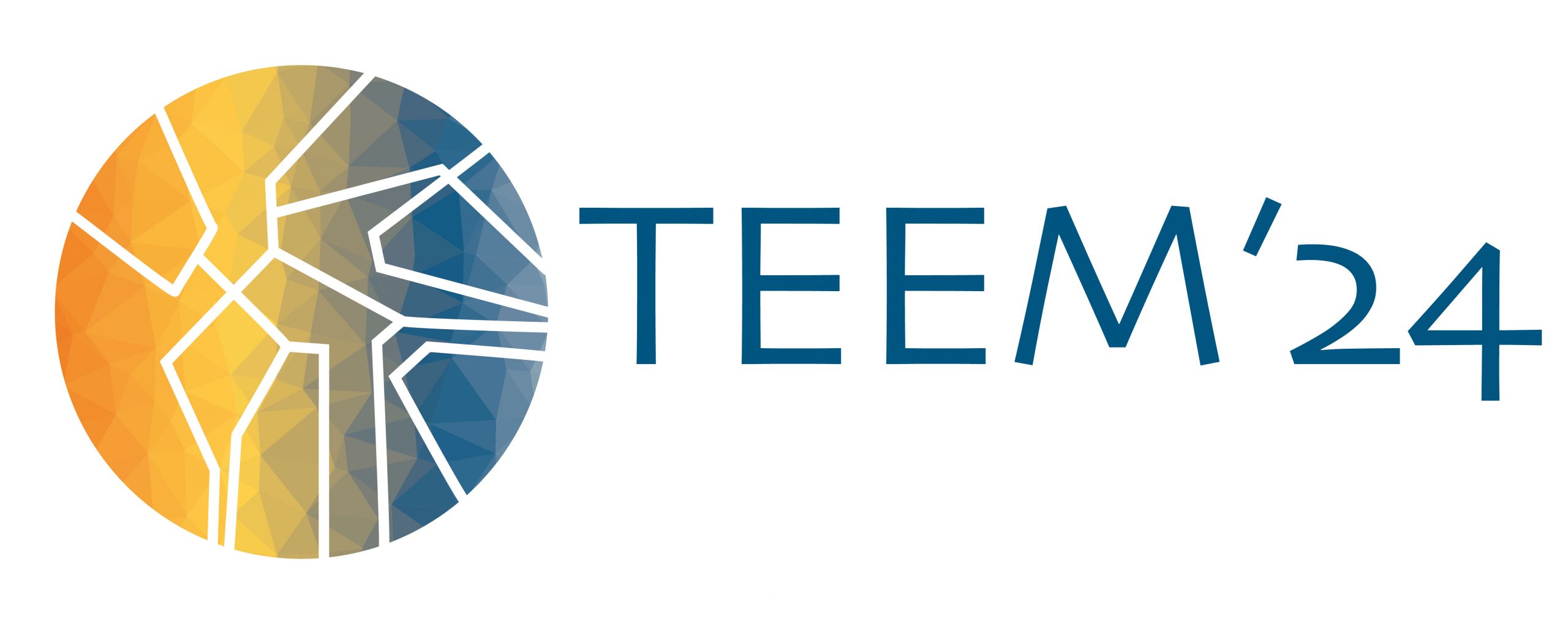Track 10. Communication, Education and Social Media
Empirical evidence has shown the strong impact that the Internet, digital and social media have caused in Communication and Education ecosystems. But the revolution is far from consummate. In fact, the scenario keeps changing constantly due to the emergence of technological innovations, which makes new challenges arise day by day. This brings new risks that must be, first, understood and then, faced appropriately, but at the same time it makes this field so rich and stimulating for multidisciplinary researchers. In this context, studies about the use of social media and its effects in education, communication, political, cultural, or social events become significant. This fact is evident in those projects trying to understand the way social networks and digital media work. The entire potential of these phenomena is still unknown, but the need of education to comprehend it, use it properly and exploit all its possibilities is already certain. At the same time, societies are increasingly aware of the importance of social struggles for equality, respect and tolerance in terms of gender and sexuality, and education and media have much to do with them: educating in such values taking into consideration their potential opened by the new media is a relevant topic that needs further exploration. The issues related with education and diffusion present some of the most challenging and urgent aspects in connection with communication and social media. Learning how to take advantage of these new forms of communication as a way to analyze societies or to educate its members (both children and adults) constitutes one of the opportunities with greatest potential in the new media scenario. Using new communication practices, technologies, platforms, or narratives becomes a very powerful tool to stimulate positive values or behaviors in current societies. From this approach, this track entitled “Communication, Education and Social Media” focuses on the uses of new media in educational contexts, on initiatives in which these media are seen as tools to observe and change society, and on experiences in which the possibilities and risks of digital and social media that shape the communication paradigm are analyzed.
Topics
- Adoption of ICT and Social Media
- Data Analytics of Media
- Edu-Communication
- Educating in gender and LGTB+ equality
- Effects of Communication
- Mass Media and Education
- Narrative Processes
- Risk of Social Media in Education Environments
- Social Media Messages and Education
- Youth and Social Media
Track Scientific Committee
Alejandro González Vázquez, Universidad Isabel I de Castilla, Spain
Carlos Arcila Calderón, Universidad de Salamanca, Spain
Catalina González-Cabrera, Universidad del Azuay, Ecuador
David Blanco Herrero, University of Amsterdam, The Netherlands
Felipe Marañón Lazcano, Universidad Autónoma de Nuevo León, México
Félix Ortega Mohedano, Universidad de Salamanca, Spain
Isabel Villegas-Simón, Universitat Pompeu Fabra, Spain
Juan José Igartua, Universidad de Salamanca, Spain
Javier J. Amores, Università degli Studi di Milano, Italy
Maite Soto-Sanfiel, National University of Singapore, Singapore
Patricia Sánchez-Holgado, Universidad de Salamanca, Spain
Valeriano Piñeiro-Naval, Universidad de Salamanca, Spain
CHAIRS:

María-José Higueras-Ruiz
Universidad de Salamanca, Spain

Santiago Lomas-Martínez
Universidad de Salamanca, Spain

Isabel Rodríguez-de-Dios
Universidad de Salamanca, Spain
